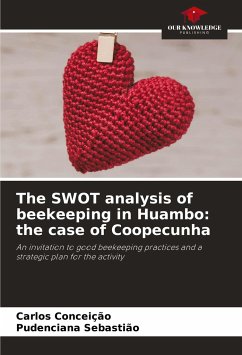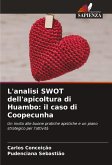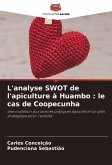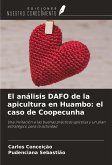The research was carried out in Ecunha, Huambo province, with the aim of highlighting the importance of beekeeping in family income and characterizing the honey production system and honey quality of the Cooperativa Agrícola-Coopecunha, using techniques that enabled the problems of this production unit to be identified and ranked, as well as proposing a development strategy to strengthen the cooperative and improve results. The techniques chosen and used were the Vester matrix and chart, the problem tree and the SWOT analysis. Based on this technique, the strengths, opportunities, weaknesses and threats of beekeeping in Huambo were identified through the case study of Coopecunha. The results showed that the quality of the honey produced meets international standards, but in general the organization makes little use of technology in production. However, the production system can be improved on the basis of an appropriate strategic plan, integrating actions aimed at transforming traditional beekeeping into modern beekeeping.
Bitte wählen Sie Ihr Anliegen aus.
Rechnungen
Retourenschein anfordern
Bestellstatus
Storno








